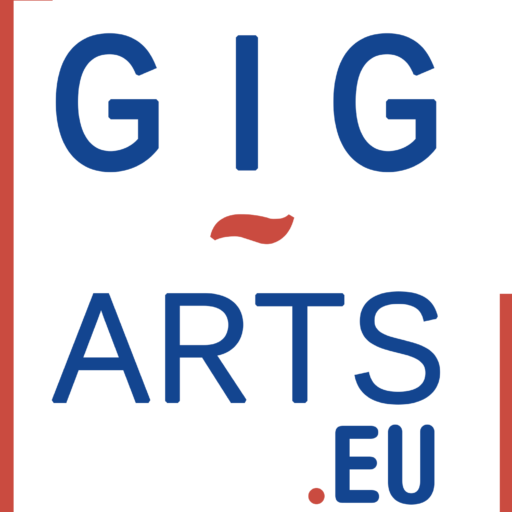The Eighth GIG-ARTS Conference, to be held at The Hague Campus of Leiden University, takes as its main theme “Thirty Years of Multistakeholderism in Internet Governance: Assessments and Prospects”. The multistakeholder principle has spread across governance of the internet (and other global issues) since the 1990s. After three decades of experimentation and development, how has this approach to ruling the internet fared? What promises have been fulfilled, and what problems persist? How can and should multistakeholder governance of the internet be taken forward into the future?
In contrast to traditional multilateralism, which approaches global governance through formal intergovernmental organisations, multistakeholder arrangements bring together sectoral groups who “have a stake” in a given policy issue. Thus, rather than assembling representatives of nation-states, multistakeholder governance works through collaborations among academia, business, civil society, governments, technical community, etc.
Multistakeholder global internet governance is most formally institutionalised in policymaking at the Internet Corporation for Assigned Names and Numbers (ICANN). The principle also underpins workings of the Internet Governance Forum (IGF) at its global, regional, and national levels, as well as organisations like the Internet Society (ISOC). Other nongovernmental global internet governance arrangements such as the Internet Engineering Task Force (IETF) and Regional Internet Registries (RIRs) continually involve academia, business, civil society, and governments alongside their main technical participants. Various United Nations processes, especially related to cybersecurity and internet governance, are also embracing the multistakeholder principle with pervasive consultations of nonstate actors.
Multistakeholderism has been much debated in the internet ecosphere as well as global governance more broadly. Proponents argue that putting stakeholders at the heart of global resource management makes for more effective, democratic, trusted, and fair governance. Critics argue that multistakeholder processes are on the contrary inefficient, unaccountable, and subject to special-interest capture. Yet what does the record of thirty years actually show, and what are the prospects for the years to come?
The Eighth GIG-ARTS Conference therefore especially welcomes papers and panels that address the sorts of questions listed below. We hope to bundle a collection of contributions in a journal special issue and/or an edited volume.
- theorising multistakeholderism in global internet governance
- typologies of multistakeholder internet governance
- comparisons of multistakeholder governance in internet and other policy fields
- comparisons of multistakeholderism with other models of internet governance (e.g. digital constitutionalism, digital sovereignty)
- multistakeholderism as a discourse, narrative, and ideology of internet governance
- general evolution of the multistakeholder approach in internet governance
- experiences of particular multistakeholder arrangements in internet governance
- (in)effectiveness of multistakeholder processes in internet governance
- multistakeholderism and (deficits of) democracy in internet governance
- equality and/or discrimination in multistakeholder internet governance
- human rights and multistakeholder internet governance
- collaboration and/or competition between multilateralism and multistakeholderism
- multistakeholderism and geopolitics in internet governance
- the role of governments in multistakeholder internet governance
- legitimacy (empirical, legal, and normative) in multistakeholder internet governance
- accountability (and its limits) in multistakeholder internet governance
Of course, as always, next to the theme the GIG-ARTS conference also welcomes paper and panels on other aspects of internet governance.
